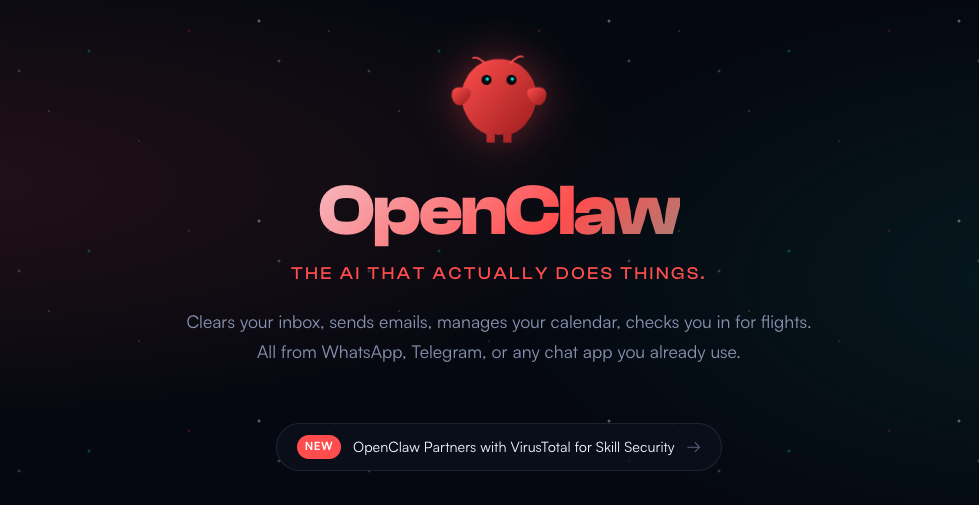What is Wikipedia and How Can it Be Used to Teach? Tips & Tricks
Wikipedia is a digital online encyclopedia that covers most topics and is volunteer maintained
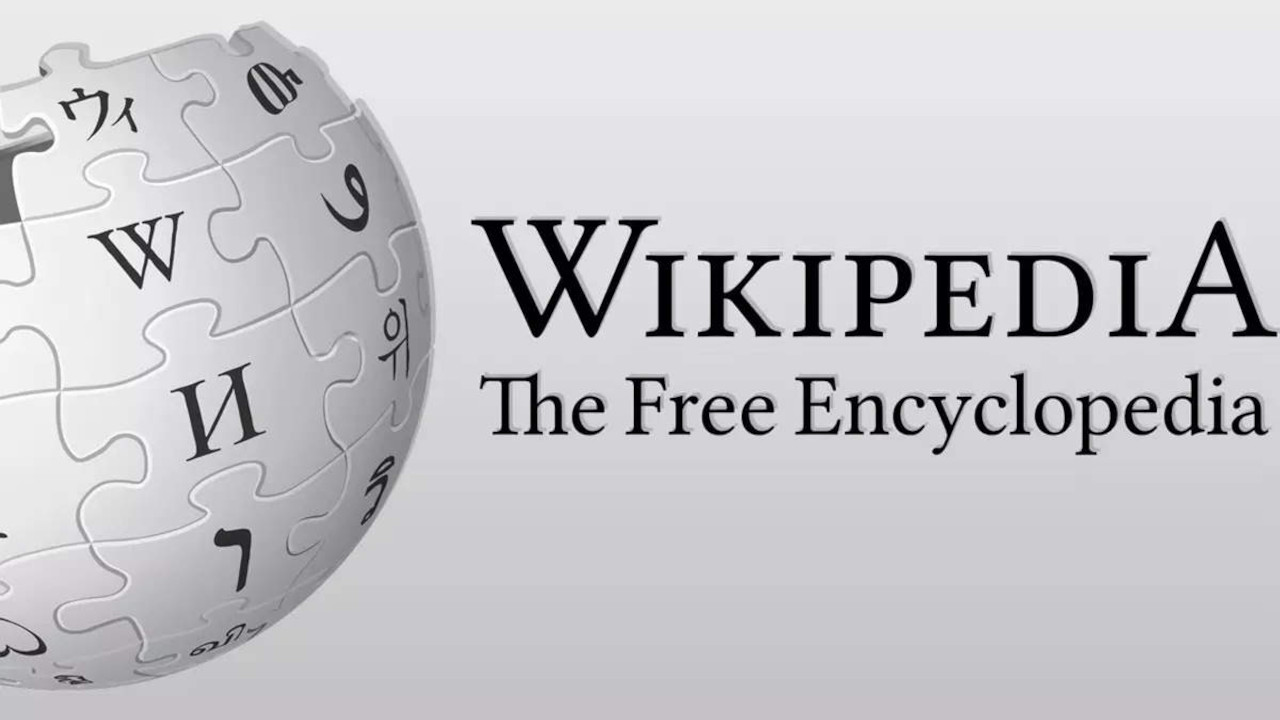
Tools and ideas to transform education. Sign up below.
You are now subscribed
Your newsletter sign-up was successful
Wikipedia is one of the most well-known sources of free information on the internet. This remains a volunteer-run and free online encyclopedia of resources that are made available to all.
It is the largest and most read reference work in history, claims the site itself. In 2022 it was ranked as the fifth most popular website in the world. It was started in 2001 and available in English only; it is now available in more than 329 languages.
With more than 60 million articles available across the Wikipedia world, it can be a very valuable resource for teachers and students. But with the threat of inaccuracies on this volunteer-run and -monitored platform, is it right for your education institution?
What is Wikipedia?
Wikipedia as a name comprises wiki and encyclopedia, and as this suggests, offers quick and easy to access facts and figures on a host of different topics.
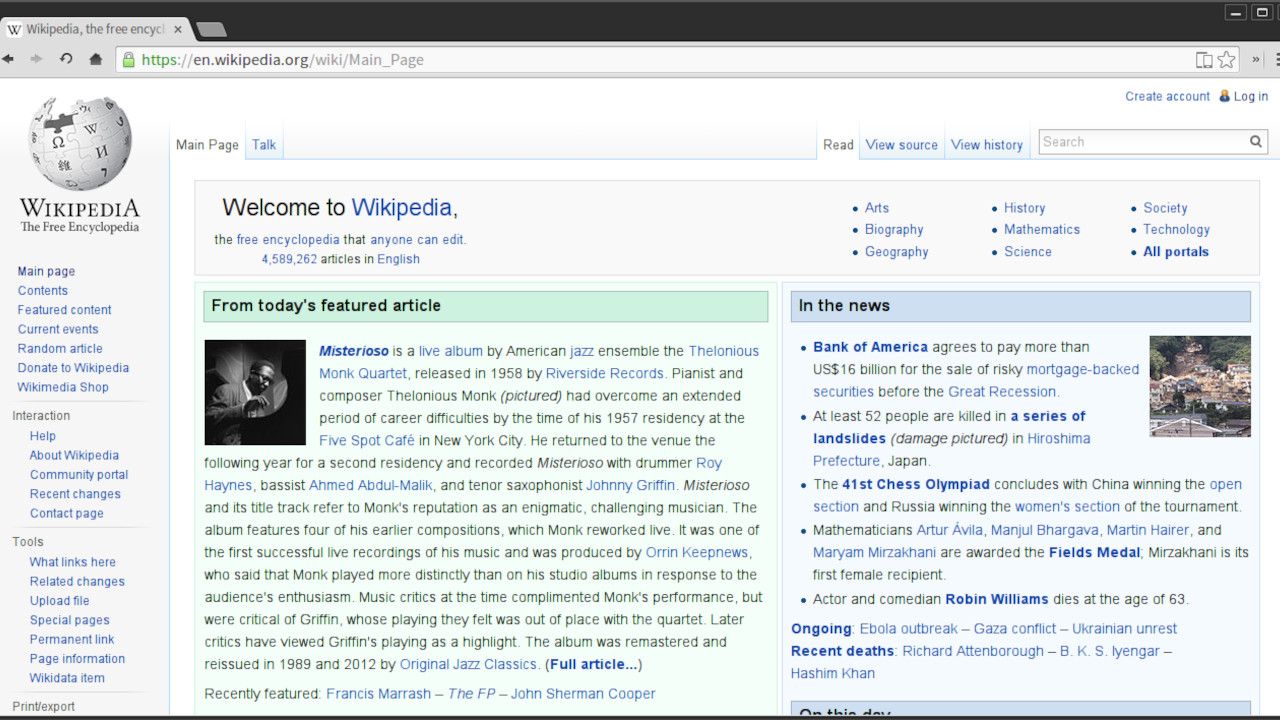
The website is easy to access across various devices as it uses mostly text with a few small images to keep data usage to a minimum. The content is generally as concise as possible, focusing on defining the subject matter initially and going into more detail under sub-headings that allow you to navigate the page easily.
Everything is cited, usually, with links that allow you to check any of the sources or claims. So even if this site can be considered less than perfectly accurate at times, you can do your own fact-checking to make sure what you're reading is valid.
It is worth keeping in mind that while there can be useful facts for students, nothing is age filtered and there can be damaging and inappropriate material on the website also, so a monitored approach is necessary.
Tools and ideas to transform education. Sign up below.
How does Wikipedia work?
Wikipedia is written and maintained by the public and volunteers. While anyone can add an entry on a topic of their choosing, it will then be flagged for checking by an army of approved moderators. As such, the level of truth and accuracy is far better than when it first started. Anything incorrect is usually quickly spotted and amended.
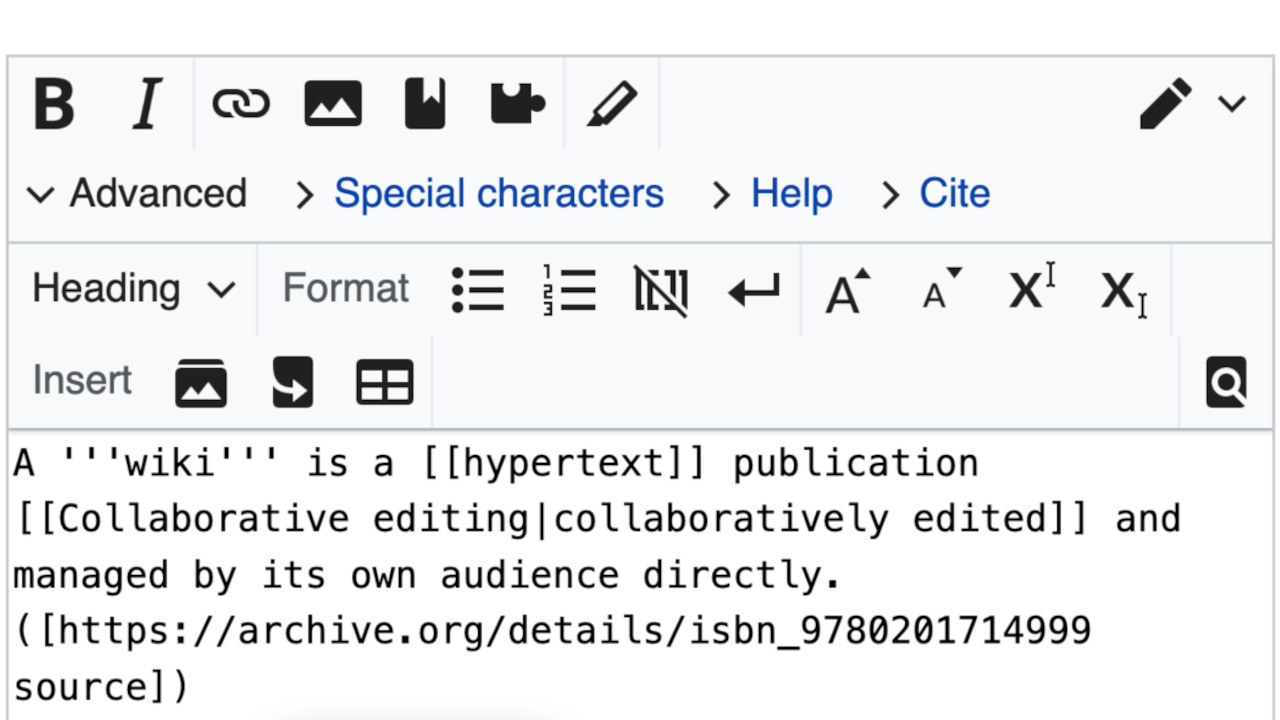
Wikipedia offers a democratized look at knowledge, as free from biases as possible or advertising influences. The site runs on the donations of those who use it in order to pay for the servers to keep it up as well as helping volunteers as needed.
With 300,000+ active editors and more than 105 million active users, this is a rich and up-to-speed source of information. However, the site uses a 'procrastination' model so it waits until there is a problem before fixing it.
Various ways to fix articles are available, and these change based on the country policy. Generally, editors can make changes while some more vandalized articles require more than one editor to sign-off a change.
What are the best Wikipedia features?
Wikipedia is super easy to access and a very fast website so even on older devices or slower internet connections, information can still be accessed.
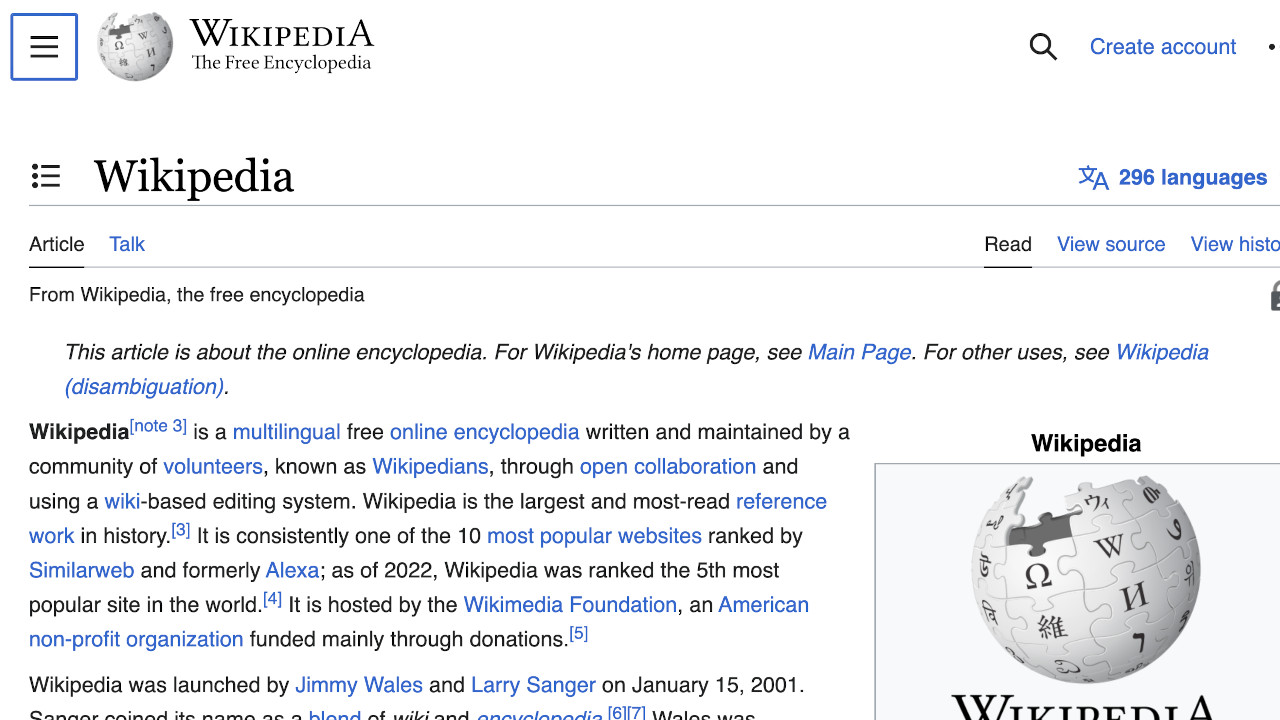
The ability to teach students how to check facts is a fantastic feature of Wikipedia. Students should be guided to question everything they read and research the source links to make sure what they are reading is backed up with facts.
The site has great linking within articles too, allowing certain concepts or words to be linked so these too can be understood. This allows students to drill down and really understand a concept on all levels. The downside is that there can be an overwhelming amount of information and staying focused can be a challege.
Having students sign-up and create their own entries can be very rewarding as they see their knowledge on a certain subject can contribute to the global understanding.
How much does Wikipedia cost?
Wikipedia is run by volunteers and is funded by contributions. As such there is no advertising or tracking making it totally free to use and share.
Everything is hosted and funded by the Wikimedia Foundation, a not-for-profit organization.
The system is run on the custom-made MediaWiki, which is free open-source software written in PHP and based on the MySQL database system.
Wikipedia best tips and tricks
Research with tests
Find an article with either inaccuracies or debatable points and explain why that is so, allowing students to understand how to think about sources and accuracy.
Build your own
Make your own Wiki article with the class. Then, once they see how, have them create their own pieces based on any specialist subject they may have.
Write around
Have students write an assignment on a subject using Wikipedia but only reference original sources, without using Wikipedia in the written work they produce.
Luke Edwards is a freelance writer and editor with more than two decades of experience covering tech, science, and health. He writes for many publications covering health tech, software and apps, digital teaching tools, VPNs, TV, audio, smart home, antivirus, broadband, smartphones, cars and much more.
